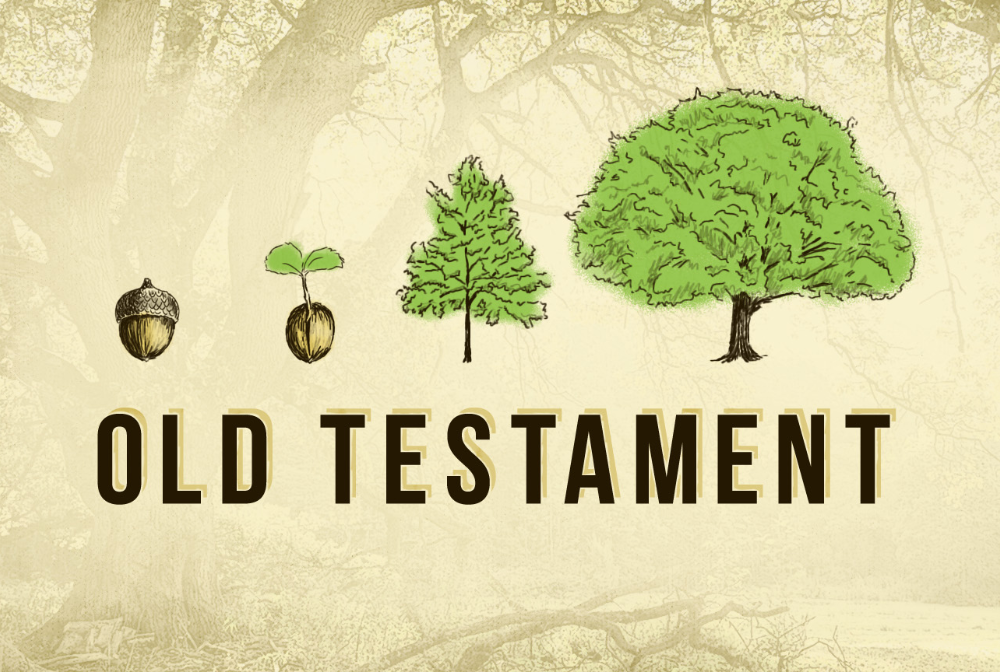A Day of Good News
May 25, 2014 Series: The Old Testament
Passage: 2 Kings 6:24, 2 Kings 7:11, 16-20
- Listen
- Downloads
Friendship
Have you ever had a relationship break down because you misunderstood the other person and/or the nature of the relationship? Was the situation resolved? If so, how? If not, why not?
Confession/Repentance
Read 2 Kings 6:24-33. This story describes a terrible circumstance in the life of Israel (the northern kingdom after the division described in 1 Kings 12). Particularly, this part of the narrative emphasizes the reaction of King Jehoram to the situation. How does Jehoram respond to the famine and the woman’s harrowing problem (vv. 26-31)? What does his response tell you about his assumptions regarding God and his relationship to Him?
Jehoram failed to trust in God during these dire circumstances. Instead, he decided to kill God’s prophet, Elisha. His reaction demonstrates the underlying causes of his unbelief: he was operating as if God was his equal with whom he could make a deal. When it didn’t seem as if God had come through on His end of the “bargain,” Jehoram resolved to give up waiting. He wanted to destroy the servant of the LORD—effectively (in his mind) silencing God’s Word.
How do you have the same capacity to doubt God? How have you treated God as if you were “making a deal” with Him? Confess your unbelief and false beliefs to God, asking Him to forgive you and to renew your mind by His Word.
Faith
Elisha’s response to the king’s plot is remarkable. Instead of running in fear, rebuking the king, or announcing further judgment, Elisha proclaims the good news of God’s total reversal of the city’s awful situation. Read 2 Kings 7:1-2.
How does Elisha’s message from the LORD help you understand what it means to be in relationship with God? How would grasping this understanding help you in your life right now—in other words, in what challenging situation would you benefit from a biblical view of God and His good news?
Focus
God kept His word to the nation by defeating the Syrians and lifting their siege against the city. Read 2 Kings 7:3-11; 16-20. Why do you think God chose the four lepers to be the first to experience His victory? The lepers and those who believed their word “tasted” God’s work on their behalf because they related to God on the basis of humble trust (vv. 8-9; 16). They recognized that it was about “good news” (God’s work on their behalf) rather than making a deal with God. On the other hand, “the captain on whose hand the king leaned” failed to believe God’s Word because he was not humble (v. 2). In the end, he saw that the good news was true, but he did not enjoy it for himself (vv. 17-20).
Since our relationship with God is based on the good news of His work for us, it requires that we approach Him in humble trust. How do you know if you are living by humble trust? How are you currently struggling to trust God?
This story provides vivid scenes of the outcomes of both trust and unbelief. How do the scenes about the lepers (vv.3-9) and the citizens of Samaria (v.16) encourage you to see your brokenness and run to God for help? How does the example of the captain (vv. 17-20) warn you about the outcome of unbelief? Why can’t we “taste” God’s good news if we don’t trust Him?
Prayer:
- Praise God, Father, Son, and Holy Spirit, for His holiness — that no one compares to Him in wisdom, goodness, power, justice, and truth.
- How have you doubted God’s goodness or power? How have you treated God as if you were “making a deal” with Him? Confess your unbelief and false beliefs to God, asking Him to forgive you and to renew your mind by His Word.
- Give thanks to Jesus for the “great reversal” that He accomplished in His life, death, and resurrection. Praise Him that His work is complete and that it is exactly what you need.
- Who do you know that is living in pervasive unbelief? Pray that God would open their eyes and cause them to “doubt their doubt.” Ask God for opportunities to point them to Jesus as He’s offered in the Gospel.
- Ask the Holy Spirit to convince you of your brokenness so that you can live before Him in humble trust. Read 1 Peter 1:3-9 and pray that God would enable you to “taste” the goodness of the Gospel in your daily life—even when you are “grieved by various trials.”

More in The Old Testament
November 23, 2014
The LORD: Generous & UnchangingNovember 16, 2014
Accused, Redeemed AmbassadorsNovember 9, 2014
Seek First